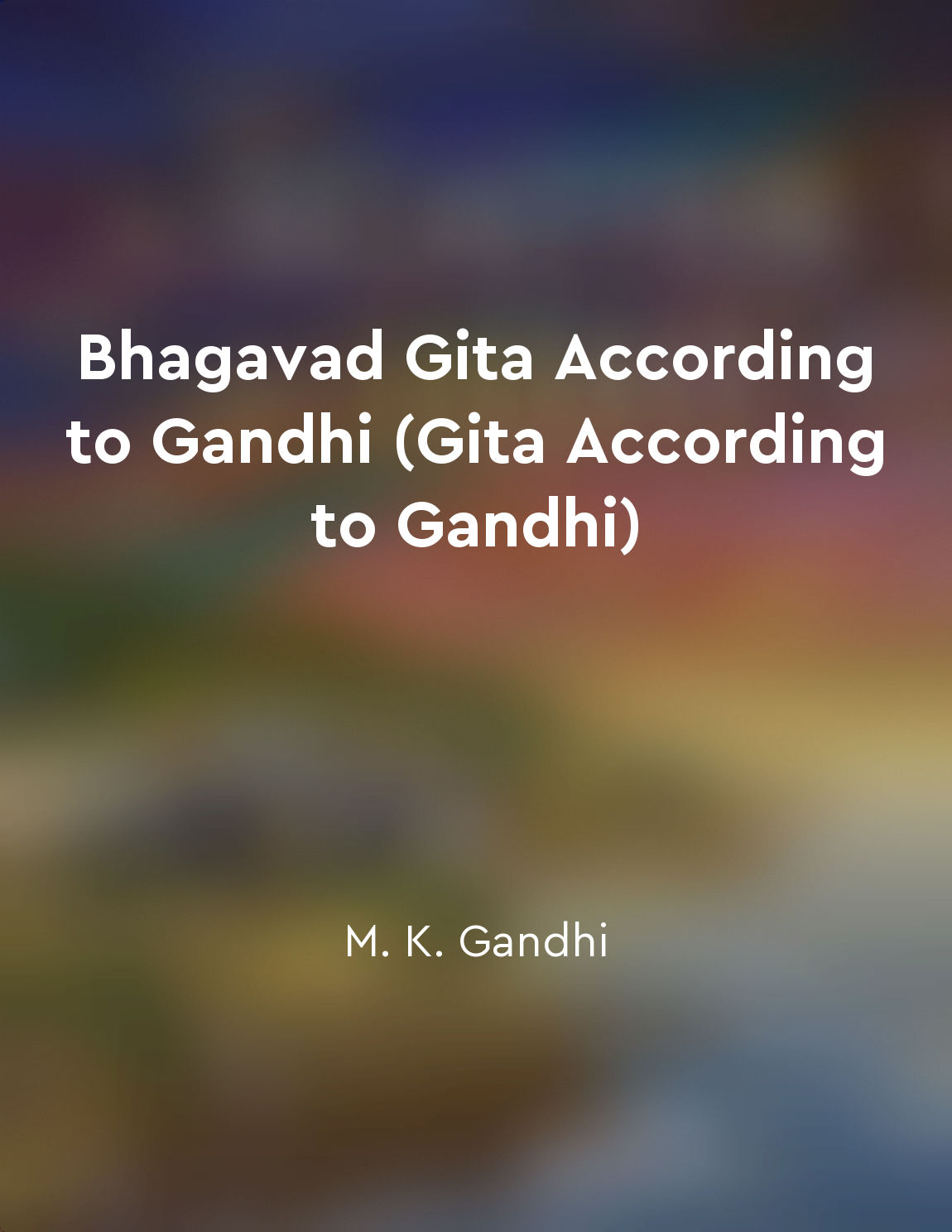Audio available in app
Practice nonviolence in thought, speech, and action from "summary" of THE BOOK OF BUDDHA by Arundhati Subramaniam
The concept of practicing nonviolence in thought, speech, and action is a fundamental teaching in Buddhism. It is based on the principle of ahimsa, which means non-injury or non-harming. This concept emphasizes the importance of cultivating a mindset of compassion and kindness towards oneself and others. Nonviolence in thought involves being mindful of our internal dialogue and avoiding negative or harmful thoughts towards ourselves and others. By cultivating thoughts of love, empathy, and understanding, we create a positive mental environment that is conducive to peace and harmony. Similarly, practicing nonviolence in speech en...Similar Posts
Let go of attachment to material possessions
The Buddha teaches us to release our grip on material possessions. This does not mean that we must renounce all our belongings ...
The key to happiness is accepting life as it is, without expectations
The key to happiness, according to the Buddha, lies in accepting life as it is, without any expectations. This might seem like ...

Focus on humanitarian work
Humanitarian work was always at the forefront of my mind as I navigated the complexities of political struggle and personal sac...
Formation of Indian National Congress
The Indian National Congress was formed in December 1885 in Bombay. It was the first organized expression of the Indian nationa...
The decline of violence is not predetermined or irreversible
The notion that the decline of violence is not predetermined or irreversible is a crucial one to keep in mind when considering ...

Seek liberation from the cycle of birth and death
The central teaching of the Bhagavad Gita is the idea of seeking liberation from the cycle of birth and death. This concept rev...

The impact of colonialism on Hindu identity
Colonialism had a profound effect on the Hindu identity, leaving behind a legacy that continues to shape perceptions and belief...

Learn from your mistakes
Mistakes are inevitable in life. We all make them at some point or another. The key is to not dwell on them but rather to learn...
Assumptions can lead to conflict and pain
When we make assumptions, we believe we know what others are thinking. We assume they think the way we do, that they judge the ...

Learning to let go of attachments leads to true freedom
The Buddha teaches us that true freedom comes from learning to let go of attachments. Attachment to material possessions, relat...
